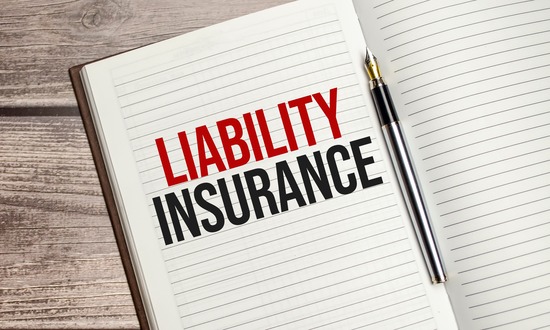As an independent contractor or a business owner hiring 1099 laborers or day laborers, understanding general liability insurance is crucial. This type of insurance plays a vital role in protecting your business from potential financial losses due to accidents, injuries, or property damage that may occur during the course of your work. However, one critical aspect often overlooked is the distinction between who is covered under your policy—specifically when it comes to subcontractors and day laborers.
What is General Liability Insurance?
General liability insurance is a foundational coverage for any business, offering protection against claims of bodily injury, property damage, and personal injury that arise from your business operations. For independent contractors, this insurance can help cover legal fees, medical expenses, and damages if something goes wrong on the job. Without it, you could be personally liable for these costs, which could be financially devastating.
Independent Contractors and Subcontractors: Are They Covered?
One common misconception among business owners and contractors is that general liability insurance automatically extends to subcontractors, such as 1099 laborers or day laborers, hired for specific projects. However, this is not the case. Subcontractors are generally not covered under your business’s general liability policy unless they are on your payroll as W-2 employees.
This means if you hire an independent contractor or a day laborer who works under a 1099 contract, they are considered a separate entity and must have their own liability coverage. If they cause an accident or property damage while working on your project, your insurance policy will not cover their actions. Instead, the responsibility would fall on them, or worse, it could be passed on to you if they are not adequately insured.
The Importance of Proper Classification
To ensure proper coverage, it’s essential to classify your workers correctly. Employees classified as W-2 workers are covered under your general liability insurance and other business-related policies, such as workers’ compensation. On the other hand, 1099 laborers, subcontractors, and day laborers are independent and must secure their own insurance policies.
Misclassification can lead to significant financial risks and legal issues. For example, if a 1099 laborer you hired causes significant damage, and they lack sufficient insurance coverage, you might find yourself embroiled in legal battles or covering the costs out of pocket.
Best Practices for Independent Contractors and Business Owners
- Ensure Proper Insurance: Require all 1099 subcontractors to provide proof of their own general liability insurance before starting any project. This step not only protects you but also ensures that everyone on the job site is adequately covered.
- Review Contracts Carefully: Include clauses in your contracts that clearly state the insurance requirements for any subcontractors or independent contractors you hire. This legal language can safeguard you against potential liability.
- Consult with an Insurance Agent: Work with a knowledgeable insurance agent who understands the specific needs of your business. They can help you navigate the complexities of general liability insurance and ensure that you and your workers are properly protected.
- Regularly Update Your Insurance: As your business grows and your workforce changes, periodically review and update your insurance policies. This ensures that your coverage evolves with your business needs.
Conclusion
General liability insurance is a critical safeguard for independent contractors and business owners alike. However, it’s essential to understand that this coverage does not automatically extend to subcontractors, 1099 laborers, or day laborers unless they are classified as W-2 employees. By ensuring that all parties involved in your projects have the proper insurance, you protect your business from unnecessary financial risks and legal complications.












